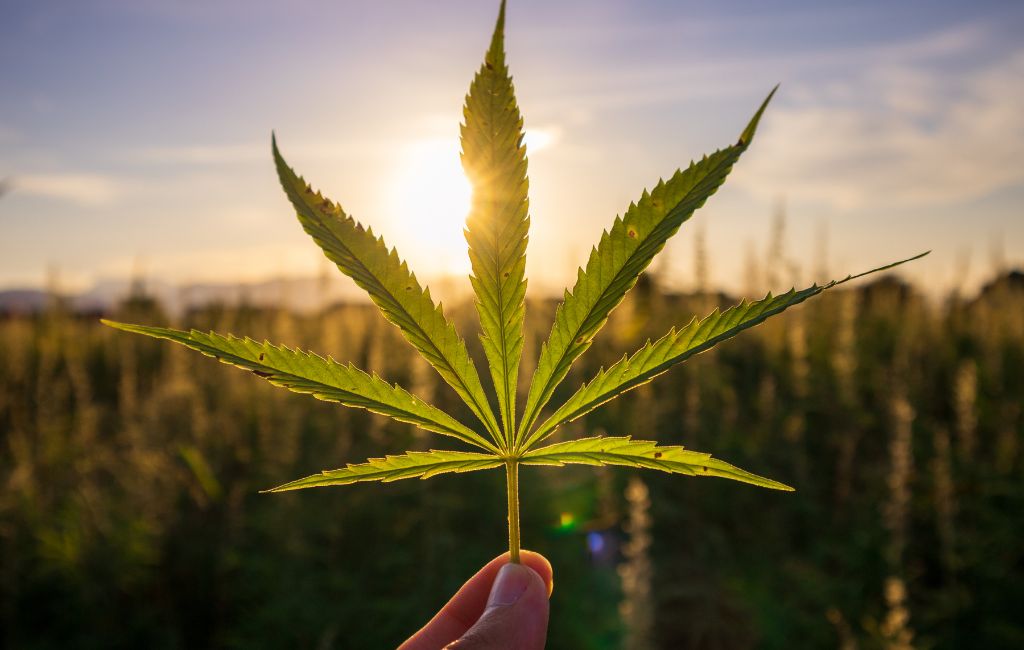
THCa Flower: Healing Power
THCa Flower: Nature’s Healing Power
In recent years, the interest in cannabis and its various compounds has surged, leading to a deeper understanding of its potential benefits. One such compound that has garnered attention is THCa, or tetrahydrocannabinolic acid. Unlike its more famous counterpart THC, THCa is non-psychoactive, meaning it does not produce the “high” associated with cannabis use. This article explores the healing properties of THCa flower and its potential applications in modern medicine.
Understanding THCa
THCa is a cannabinoid found in raw and live cannabis plants. It is the acidic precursor to THC, which means that when cannabis is heated through smoking, vaping, or cooking, THCa converts to THC. This process is known as decarboxylation. In its raw form, THCa offers a range of potential health benefits without the psychoactive effects of THC.
Potential Health Benefits of THCa
Research into THCa is still in its early stages, but preliminary studies and anecdotal evidence suggest several potential health benefits:
- Anti-inflammatory Properties: THCa has shown promise in reducing inflammation, which can be beneficial for conditions such as arthritis and inflammatory bowel disease.
- Neuroprotective Effects: Some studies indicate that THCa may help protect brain cells, potentially offering benefits for neurodegenerative diseases like Alzheimer’s and Parkinson’s.
- Anti-emetic Properties: THCa may help reduce nausea and vomiting, making it a potential option for patients undergoing chemotherapy or those with chronic conditions that cause nausea.
- Antioxidant Properties: THCa has been found to have antioxidant properties, which can help protect cells from damage caused by free radicals.
Case Studies and Research
Several case studies and research projects have highlighted the potential of THCa in medical applications:
Case Study: THCa and Epilepsy
A notable case involves a young girl with severe epilepsy who experienced significant improvement in her condition after using THCa-rich cannabis oil. Her seizures reduced dramatically, and her quality of life improved. This case has spurred further research into the use of THCa for epilepsy treatment.
Research on THCa and Inflammation
A study published in the “Journal of Pharmacology and Experimental Therapeutics” found that THCa exhibited anti-inflammatory properties in animal models. The researchers concluded that THCa could be a promising candidate for the treatment of inflammatory conditions.
How to Use THCa Flower
THCa flower can be used in various ways to harness its potential benefits:
- Raw Consumption: Consuming raw cannabis leaves or flowers in smoothies or salads can provide THCa without the psychoactive effects of THC.
- Juicing: Juicing raw cannabis is another way to consume THCa. This method preserves the cannabinoid in its natural form.
- Tinctures and Oils: THCa can be extracted and used in tinctures or oils, which can be taken sublingually or added to food and beverages.
Legal Considerations
The legal status of THCa varies by region. In some places, THCa is considered legal because it is non-psychoactive. However, it is essential to check local regulations before purchasing or using THCa products.
Conclusion
THCa flower represents a promising area of research in the field of cannabis medicine. Its potential anti-inflammatory, neuroprotective, anti-emetic, and antioxidant properties make it an intriguing option for those seeking natural remedies. As research continues to unfold, THCa may become a valuable tool in the arsenal of natural healing.